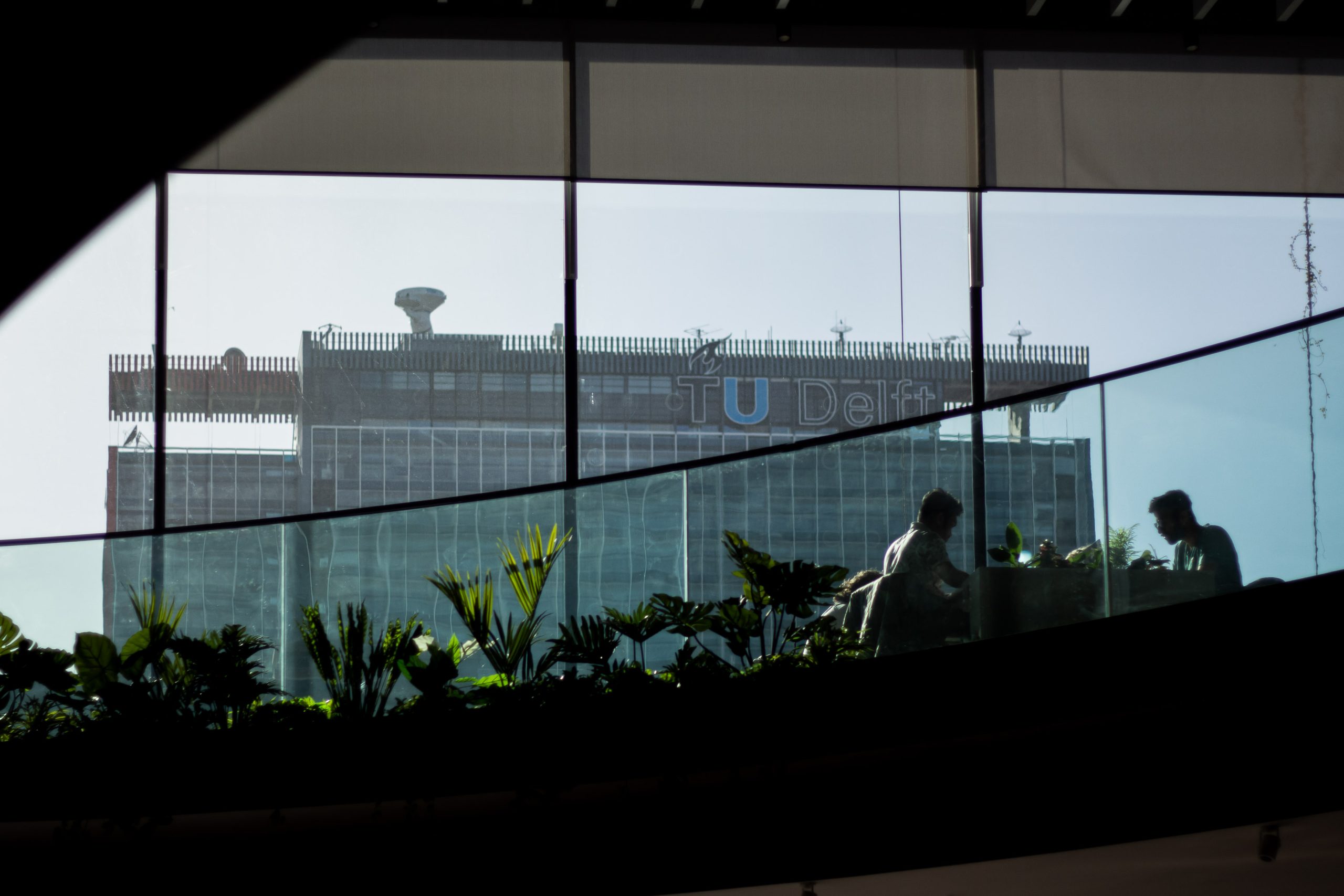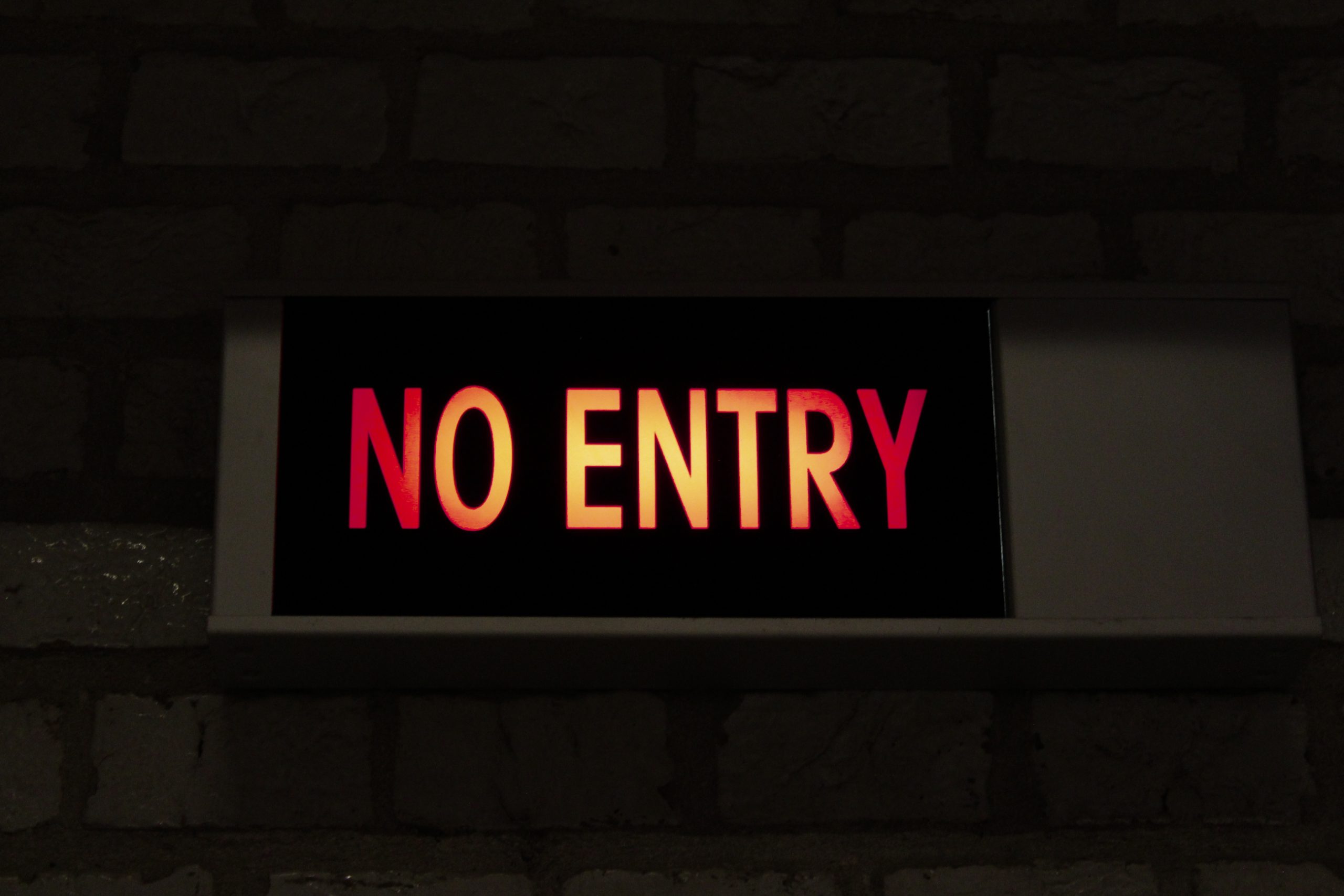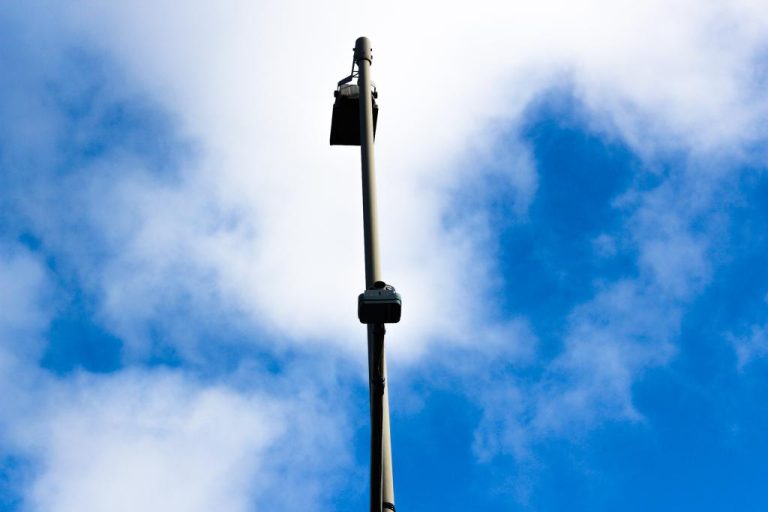Despite criticism from academia, there will be a nation-wide screening of foreign students and researchers. TU Delft started its own screening last year. How is it going?
The knowledge security advisory team has issued more than 600 advices. In the first three quarters of 2023, 25 per cent of those were negative. (Photo: Dalia Madi)
Universities are getting better at recognising the risk of espionage and influence from abroad, but it is still early days in terms of policy for knowledge security. This emerged from an inventory that outgoing Education Minister Dijkgraaf submitted to the House of Representatives in mid-October.
Dijkgraaf hopes to quickly create draft legislation that would allow the screening of students and researchers from outside the European Union across the country. He has requested Justis, a department at the Ministry of Security and Justice that also issues Certificates of Good Conduct, to take on the screening in the future.
Objections
In doing this, the outgoing Minister is not taking the doubts in the academic world into account at the moment. ‘Universities may not and will not reject promising applicants or valued colleagues purely on the basis of their origins’, wrote the universities in a letter (in Dutch) to the Minister in September.
One month later, the Royal Netherlands Academy of Arts and Sciences (KNAW) followed with more strongly worded objections to country-wide screening. They argued that interfering in personnel policy would interfere too much in international collaboration and violate academic freedom. “It is not a good idea to leave the researchers out of the equation altogether. They are the ones that know the most about their particular field,” said Marileen Dogterom, KNAW President, in an interview.
 “As the biggest technical university in the Netherlands we are seen as one of the leaders in knowledge security.” (Photo: Justyna Botor)
“As the biggest technical university in the Netherlands we are seen as one of the leaders in knowledge security.” (Photo: Justyna Botor)Self-scoring
The inventory mentioned above that Dijkgraaf shared – the so-called Sectorbeeld Universiteiten (university sector overview of knowledge security) – does not state the names of the universities. The score assigned to TU Delft is thus unclear. That said, ‘assigned to’ is not the right phrase as the Sectorbeeld is a collection of the scores that the universities gave themselves.
Delta asked Peter Weijland, the Programme Director of Knowledge Security, to share TU Delft’s self-scoring, but he explained that this was not the purpose of the document.
Delta asked Peter Weijland, the Programme Director of Knowledge Security, to share the score TU Delft gave itself, but he explained that this was not the purpose of the document. He does point to TU Delft’s best practices that are outlined in the report: the knowledge security advisory line; the moral deliberation; and the partnering tools. “In Europe we are seen as one of the leaders in knowledge security. We have to be, given that we are the biggest technical university in the Netherlands.”
This is why TU Delft has screened new researchers itself for more than a year. This responsibility first rests with the researchers who recruit them, but they can obtain advice from the Knowledge Security advisory team at TU Delft. The team then takes one to two weeks to check the person’s contacts and the technology that they will have access to at TU Delft, and they will then issue their advice.
 “In any case, we currently examine each case ourselves and individually. We will not be able to continue doing so if numbers go up. ” (Photo: Dalia Madi)
“In any case, we currently examine each case ourselves and individually. We will not be able to continue doing so if numbers go up. ” (Photo: Dalia Madi)One quarter negative
If that advice is negative, it is then shared not only with the recruiting researcher, but also with their dean. They then jointly decide on what takes precedence, the academic objectives or security, and under what conditions someone who poses a risk to security may still be accepted.
Weijland’s advisory team is seeing a rise in the number of requests for advice and since the start, has issued more than 600 advisories. Of these in the first nine months of 2023, 25% were negative.
Sonja van der Schans, Policy Advisor on Knowledge Security at TU Delft, says that “the great majority” of the negative advisories were followed: more than 70% were definitely followed; 7% definitely not; and more than 20% is unknown. “When it did not happen, we documented what the considerations were. We think that conscious decision-making is important.”
Streamlining
Both Van der Schans and Weijland do not believe that TU Delft can continue this in the long term. This is where the Minister comes in. Not with nation-wide screening, but, if it were up to TU Delft, with boundaries and criteria so that universities can continue to take decisions themselves.
Van der Schans says that “In any case, we currently examine each case ourselves and individually. We will not be able to continue doing so if numbers go further up. What we need from the Government is to know what technologies are sensitive and which groups need to be screened so that we can streamline this process and perhaps outsource part of it.”
If this is arranged, TU Delft and the other universities do not believe that they will need the Ministry of Security and Justice in the screening process.
Shortcomings

“Should a lab anywhere in the world hit the news, you would want to know who within TU Delft might we collaborating with it.” (Photo: Dalia Madi)
While TU Delft has done a lot on knowledge security in the last few years, Peter Weijland also sees some shortcomings. One of these is that TU Delft still does not have a centralised list of all its partnerships with foreign entities, which Dijkgraaf is pushing for.
“A list like this is hard to produce as faculties work with different systems,” explains Weijland. “We do have a solution now though. We will synchronise the local databases in the short term, and create a completely new database in the long term.” Why would a list be useful? “Should a lab anywhere in the world hit the news, you would want to know who within TU Delft might we collaborating with it.”
Separate procedures
Dijkgraaf also wants the screening of potential new employees to run parallel with recruiting new employees by human resources departments. This is not yet a standard procedure at TU Delft, says Weijland.
“These are separate procedures which means a greater risk should you need to let someone go who has already started working here.” The General Intelligence and Security Service (AIVD) says that this indeed happened in 2022 at an unnamed technical university in the Netherlands.
Do you have a question or comment about this article?
s.m.bonger@tudelft.nl


Comments are closed.